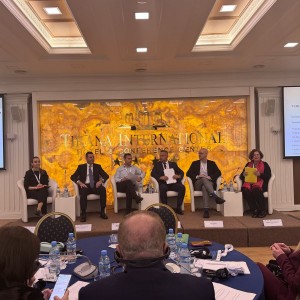News
26 April 2024 |News
ILO ESAP: The ILO, the EU and SIDA back Kosovo's push for enhanced workplace safety standards

ILO ESAP: Kosovo Safety and Health Day 2024 (Photo: ILO)
On April 26th, 2024, in Pristina, the Safety and Health Day Conference brought together 80 stakeholders to address pressing issues in the field. The event served as a platform for insightful discussions and critical analysis on various facets of safety and health measures affecting Kosovo's workforce. This event was organized by Kosovo Labour Inspectorate and the International Labour Organization, and supported by the European Union (EU) funded project Employment and Social Affairs Platform 3, and the Swedish International Development Agency (SIDA) “Promoting decent work through strengthening occupational safety and health (OSH) management.”
The ILO, the EU, SIDA and the United Nations representatives reaffirmed their commitment to the fundamental principle of ensuring safety and health of every individual in the workforce. They emphasized that effective OSH standards and their implementation should be a priority for all.
The first panel scrutinized the progress achieved and the hurdles encountered in implementing safety and health measures. Noteworthy, discussions revolved around the strides made in hiring labour inspectors and escalating labour inspections to strengthen safety measures. In 2023 alone, Kosovo appointed 41 labour inspectors and witnessed a notable surge in inspections, increasing from 6,136 in 2022 to 8,144. While these statistics signal progress, concerns linger over underreporting, a pervasive issue in Kosovo and the Western Balkan region, emphasizing the need for occupational safety and health becoming a priority. Additionally, the absence of a legal and policy framework on occupational diseases coupled with inadequate data collection exacerbates the challenges.
Proposals for mitigating these risks underscored the importance of proactive measures, including policy interventions and workplace adaptations. Recommendations echoed the necessity for comprehensive risk assessments tailored to address climate-related hazards, underlining the potential efficacy of platforms like OiRA in facilitating this process. Emphasizing collaboration among stakeholders, the discussions underscored the urgency of cohesive action to mitigate the multifaceted risks posed by climate change to occupational safety and health.
Transitioning to Panel 2, the discourse focused on the nexus between climate change and occupational safety and health. Speakers underscored the looming threats posed by climate change, ranging from extreme weather events to rising temperatures, imperiling the well-being of workers. Of particular concern were outdoor workers and vulnerable groups, disproportionately affected by climate-induced hazards. Identified risks encompassed a spectrum, spanning increased ambient temperatures, air pollution, UV radiation exposure, extreme weather events, vector-borne diseases, and mental health ramifications.
The Safety and Health Day Conference underscored the imperative of sustained efforts to confront emergent risks, particularly those stemming from climate change, and advocated for collective engagement and social dialogue to safeguard the well-being of the workforce.





